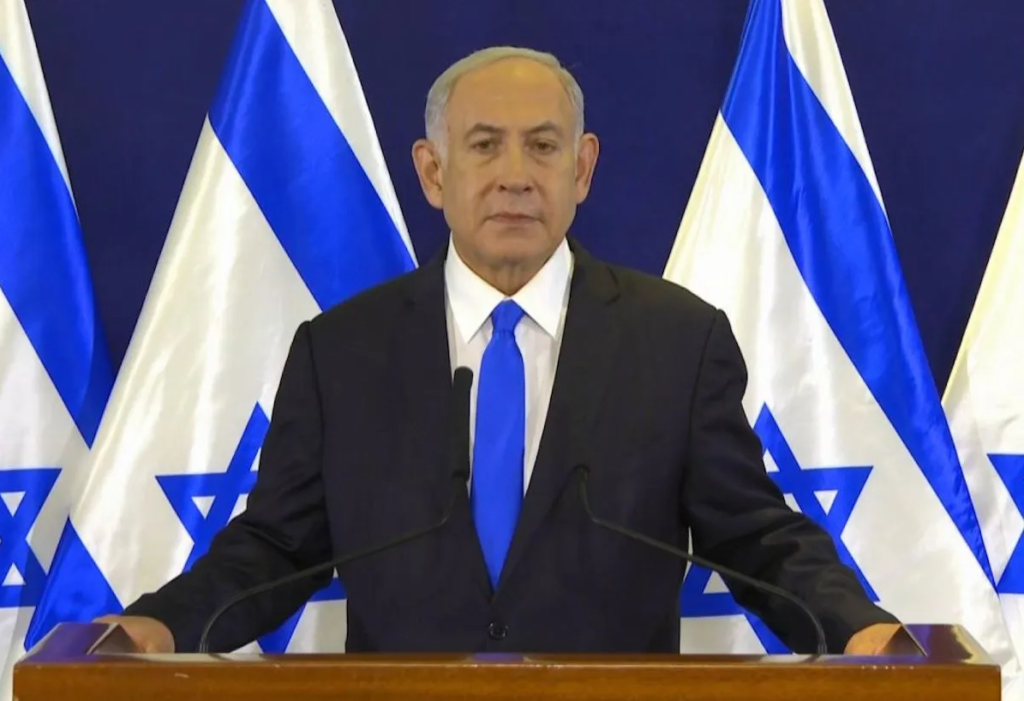
Israel will consider U.S. perspectives but ultimately prioritize its own national interests when responding to Iranian missile strikes, according to a statement from Prime Minister Benjamin Netanyahu’s office.

On October 1, Iran launched approximately 200 missiles at Israel, retaliating for the deaths of key figures, including Hezbollah leader Hassan Nasrallah and Hamas leader Ismail Haniyeh. Netanyahu’s office emphasized that while it values U.S. input, decisions regarding military action will be made independently.
Reports indicate that during a recent call between Netanyahu and President Joe Biden, Netanyahu assured the White House that any Israeli counterstrike would target military sites, avoiding nuclear or energy infrastructure to prevent a wider conflict. This reassurance was viewed positively in Washington.
As Israel intensifies its military operations in Gaza—resulting in over 42,000 fatalities—and expands its actions in Lebanon, Biden has expressed opposition to strikes on Iran’s nuclear facilities due to potential escalations that could involve the U.S.
In response to heightened tensions, the Pentagon announced the deployment of the Terminal High Altitude Area Defense (THAAD) system to Israel. Meanwhile, Israeli Defense Minister Yoav Gallant stated that any retaliation for the missile attacks would be “deadly, precise, and surprising.”
The potential for an Israeli strike on Iranian oil fields has raised concerns in global oil markets, with Gulf states urging the U.S. to prevent such attacks to protect their own oil facilities from Iranian retaliation.